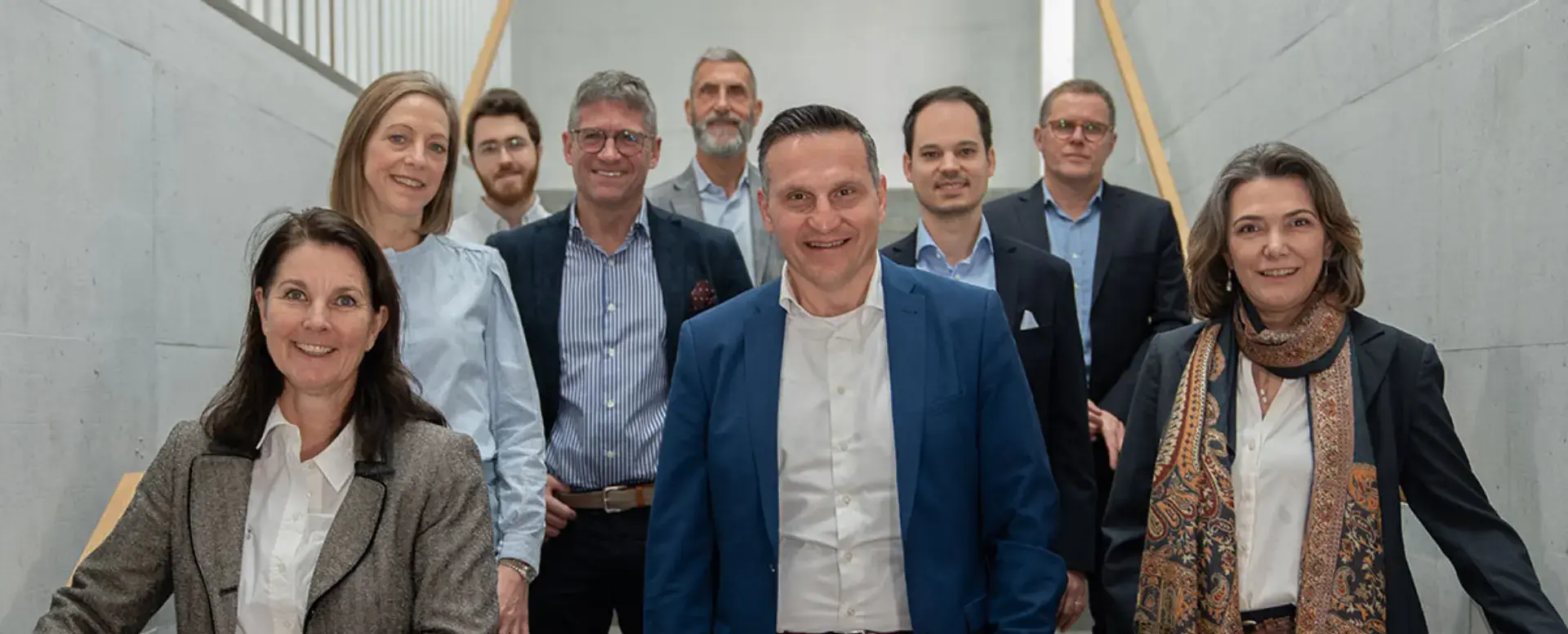Zurich, Switzerland, [7 November 2025] – A new global study by Global Talent Hub sheds light on the ongoing challenges faced by employees aged 55 and above in the labour market. Although this group has long been recognised as being at greater risk of exclusion, the study explores in detail why this remains the case, and how employers’ attitudes and actions often diverge from their public commitments.
This comprehensive study draws on responses from HR managers and executives across more than 35 countries worldwide.
“It is striking how much the lived experience of HR and management, in many companies, differs from public statements,” says Global Talent Hub Chairman, Pascal Scheiwiller. “Our findings clearly reveal a gap between what organisations say about diversity and inclusion and how they behave toward older workers in practice.”
Older workers remain at a clear disadvantage
Despite widespread skills shortages:
- 74% of respondents observe general age discrimination in the workplace.
- 63% believe that individual behaviour also plays a role.
- Alarmingly, 37% of participants admit to holding a pessimistic view of older workers, even when these employees demonstrate strong commitment and initiative.
Retirement age: a fixed limit rather than a flexible choice
The majority of HR professionals and line managers in the study advocate for greater flexibility around retirement age.
- 72% favour options for earlier retirement.
- 61% would like to see more opportunities for continued employment after the official retirement age.
However, 71% of companies continue to apply the statutory retirement age rigidly, treating it as a firm endpoint rather than a reference point.
HR leaders acknowledge a gap between aspiration and action
While 65% of HR and line managers support targeted recruitment of people aged 55 and over:
- Only 24 % see this as a genuine priority in their own organisations.
- 92% advocate retaining employees until regular retirement age, yet only 71% of employers do so.
- 61% would promote employment beyond retirement, however this is implemented in just 44% of companies.
These inconsistencies point to a significant divide between what HR leaders and line managers believe should happen and the reality of their organisations’ personnel policies. The study raises a critical question: Who truly influences HR and line managers decision-making, and what stands in the way of progress?
Contradictory Employer Behaviour
Employers acknowledge the advantages of retaining older workers. They recognise that flexible retirement ages, more inclusive hiring, and intergenerational collaboration could help address the talent shortage. Yet discrimination persists.
The study suggests that deep-seated cultural beliefs contribute to this contradiction: 62% of HR leaders and line managers agree that those who can afford to retire early should do so, and 72% think employers should actively encourage early retirement. This mindset discourages investment in workers aged over 55, whether through hiring, training, or continued employment initiatives.
A lack of focus, flexibility, and experience
The research identifies four key reasons behind this ongoing issue:
- Demographic change is deprioritised – 88% of companies say digital transformation dominates their agenda.
- Rigid corporate structures – 91% of companies show little flexibility in addressing age-related needs.
- Limited age-specific HR strategies – Many organisations confine their efforts to health management and flexible work models, excluding older workers from talent, upskilling, and mobility programmes.
- Insufficient experience – 81% of companies lack know-how in leveraging the potential of employees aged 55 and above.
Call for a holistic 50+ culture
Addressing these challenges requires a comprehensive 50+ personnel and corporate culture, supported from the top down. That means rethinking how companies handle talent management for employees over 50, recruitment of those aged 55+, and flexible pathways to and beyond retirement.
“Organisations need to move away from generational stereotypes and focus on inclusion and individualisation of working conditions,” Scheiwiller explains. “Real change must start at the top, with management and boards leading by example and embedding age inclusion into company culture.”
-Ends-
Discover the full results in our whitepaper.
For more information on the figures and background, as well as possible explanations and correlations, please contact the study director Edgar Spieler or Pascal Scheiwiller, Chairman of Global Talent Hub.
Study Contact
Edgar Spieler: edgar.spieler@alixiogroup.ch
Dr Pascal Scheiwiller: pascal.scheiwiller@alixiogroup.ch
Media contact
Hayley Roberts, VP Marketing and Communications





